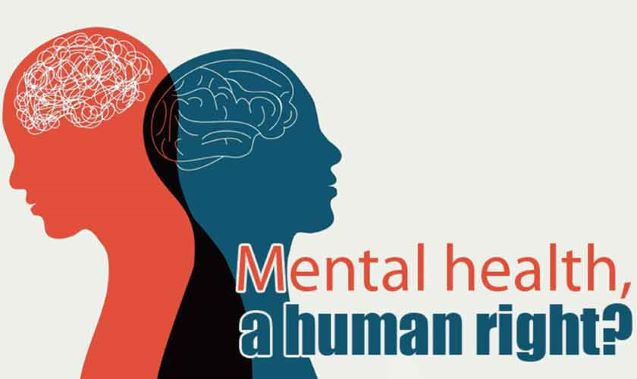By Ali Madeeh Hashmi
A couple of days ago, in my evening clinic, a family came in to report on the condition of their daughter, who is under my treatment. After several months of doing well, she had deteriorated mentally due to various family stresses and had been unable to sleep; she was agitated, anxious and occasionally violent. Having known her and the family for several years, I recommended some minor treatment adjustment, and I am reasonably confident she will recover quickly. The mother of my patient rebuked me mildly for having raised my clinic fee and, as usual, I offered to see them in my large public hospital (where visits are free of cost).
Listening to renowned Pakistani-origin economist Dr Atif Mian recently, I was reminded of why we, as a nation, are in the predicament we are in. While the last year or two have been chaotic and painful, they are nothing compared to what is to come in the next few years if we do not “come to consciousness”, as Jung said a hundred years ago. Our economic chaos is an entirely predictable outcome of decades of bad economic decisions and policies which persist to this day.
Why, you may ask, is a psychiatrist talking about the economy? For two reasons: as a citizen of Pakistan, I am also feeling the pain of millions of my fellow citizens as they struggle to pay the bills for even the most basic necessities of life; and economic decline is one of the key predictors of poor mental health. All health indicators decline as a person’s (or a society’s) economy slows down. There are now libraries filled with research about how economic decline impacts both physical and mental health, individually and socially. A study estimates that poor mental health will cost the world economy $6 trillion by 2030.
These abstract numbers do not even begin to describe the heartbreaking stories of individuals and families being driven to despair and destitution every day in the economic chaos that has pervaded Pakistan especially over the last few years (along with the rest of the world).
Recently, at the large public hospital where I work, I saw a young woman in clinic, the oldest of three siblings, who is struggling with anxiety and panic attacks because despite her income as a freelance writer, her family is falling behind and is unable to pay their bills. Their father left the family years ago and has no contact with them. Her mother is sick and cannot work and two younger siblings are still studying. They live with relatives all of whom are themselves struggling financially. Her panic attacks were triggered when she reached out to her estranged father for help and was rudely rebuffed.
Workers in Pakistan are some of the hardest working and lowest paid in the world. While Pakistan’s labour laws stipulate that workers should work no more than 8-9 hours a day and no more than 48 hours a week (in line with international standards), it is not unusual for many of us to work 2-3 jobs at a time and up to 12, 13 or 14 hours a day, six or seven days a week. With the current financial crunch, even that is proving insufficient for families to pay for basic necessities, let alone things like vacations or medical expenses. And this includes the income that increasing numbers of women are generating to contribute to their families.
October 10 is celebrated globally as the World Mental Health Day. This year’s theme is, mental health is a universal human right. Here, in Pakistan, we have come a long way in raising awareness about mental illness and its impact on individuals, families and society at large. While we still have a long way to go, there is now a rudimentary understanding, even among lay people, that mental illness is real and debilitating and needs treatment. Young people, the largest proportion of Pakistan’s population, are more connected than ever to the global community and are speaking out about mental health issues and their consequences. A most welcome development is the open discussion about mental illness and mental health in Pakistani media with many in show business coming forward to reveal their own struggles with mental health issues.
But all of this remains abstract and meaningless for the millions of our fellow citizens who are unable to afford three meals a day and a roof over their heads. Is there any way we can allay their misery as we talk of mental health?
Yes, there is. While mental health and social conditions are inextricably tied together, improving mental health can have multiple benefits, both individually and socially. A person who gets effective treatment for mental illness can return to work and resume contributing economically to their family and society (we will overlook the prevailing issues of unemployment etc which are the domain of economic policy makers and legislators). Mentally healthy employees can work more effectively and have better physical health. Several studies have documented the tremendous economic benefits to workplaces and society at large for providing treatment and rehabilitation for mental illnesses. Money invested in mental health offers a good “return on investment,” if one wants to use economic terms. When employees can perform effectively at work, homemakers can take care of their homes; students can perform better at schools and colleges; and the elderly can be happier and more content because of good mental health. The benefits to society at large are visible and tangible, including in economic terms. If we want a healthier, more productive society and a peaceful, happier nation, we can no longer afford to ignore mental health.__Courtesy thenews.com.pk





